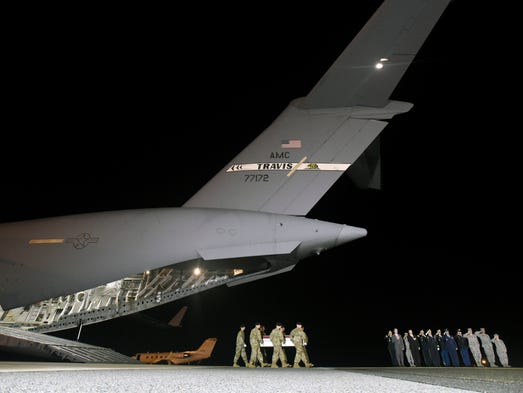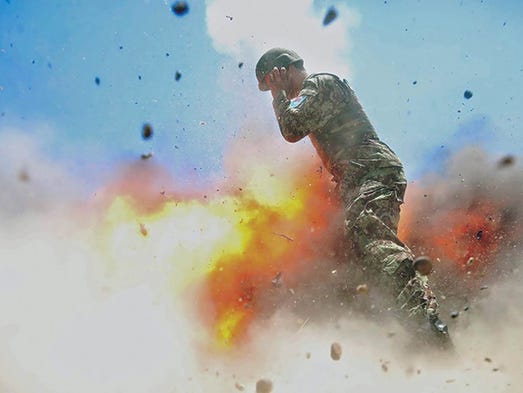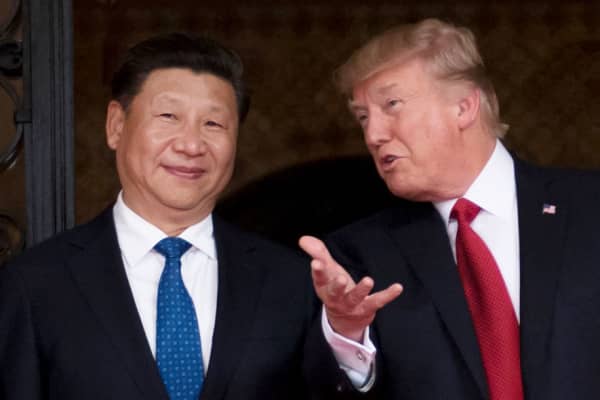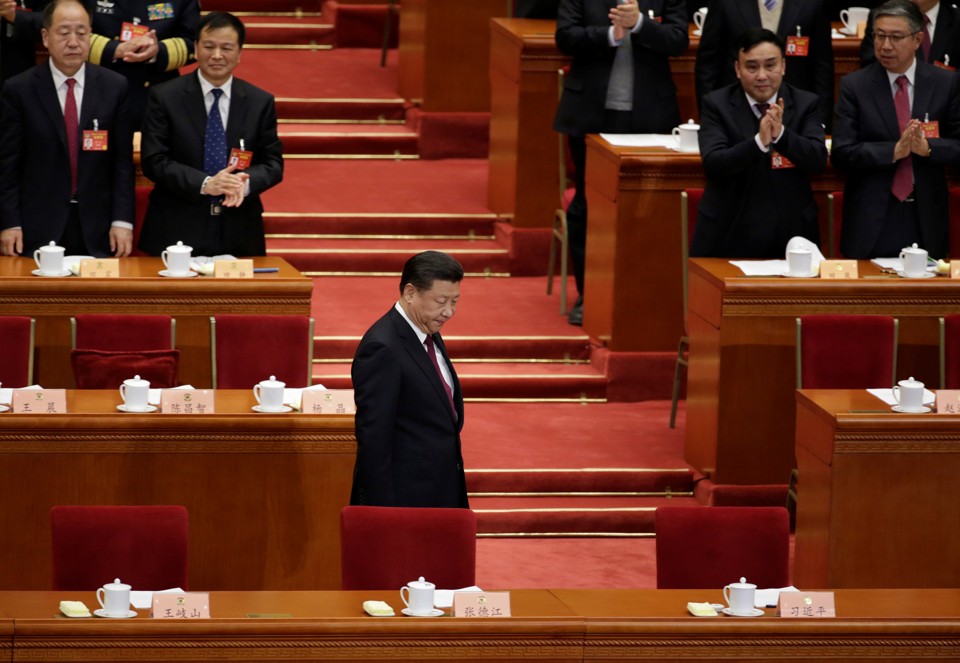Beijing: To Tehran With Love
"China is dominating Iran. Iranian authorities do not see any drawbacks to being dependent on China."
"Together we are moving ahead."
Mehdi Taghavi, economics professor, Allameh Tabataba'i University, Tehran
"Many countries are close by, even Europe. Iran is at the center of everything."
"You can say that I was even more visionary than some of our politicians. I was a pioneer, and they want to hear my experiences."
"I am expecting a 50 percent increase in revenue. Of course, Iran's economy will also grow. China will expand. Its power will grow."
"Life is good in Iran. The future is good."
"We grow our own vegetables and eat Chinese food. Just like home."
Zuoru Lin, Beijing entrepreneur, Neyshabur, Iran
| Chinese President Xi Jinping and his Iranian counterpart Hassan Rouhani prepare to shake hands at the conclusion of their joint pres conference at the Saadabad Palace in Tehran. AP |
The mammoth business enterprise that China has become with its State-owned giant corporations and its tentacles abroad is smothering the world of manufacturing and natural resource extraction even as China contemplates its way forward to making its dream of world domination in industry, trade and commerce a reality, as well as its increasingly aggressive approach to control of geographic spaces and oceans and the geological mineral and petroleum riches that lie under the seas, from the East China Sea to the South and the northern Pacific to the Arctic heralding its new ambition: "One Belt, One Road".
China has its State-sponsored and private enterprise fingers in all corners of the world, with its massive investments and loans to bring grateful countries into its orbit, delving deep into their infrastructures and promising a shining future of economic gain for their struggling economies. Their indebtedness to China cannot be overstated. From those countries popularly referred to as emerging economies to those in the West whose economies place them among the wealthy, yet delighted to enter the Chinese market, playing by China's rules, and allowing China to enter theirs, playing by China's rules.
China rules. Any nation's corporations that contemplate entry to China must agree to joint ventures, sharing trade secrets, giving China access to closely guarded plans and enterprises that will invariably impact on those countries' security and intelligence agencies alongside control of their industries' formulae and infrastructure, making China's traditional espionage, both industrial and military, outdated; why engage surreptitiously when formerly suspicious administrations now line up to accept China's investment opportunities and those of their national corporations investing in China?
Harmony. One Belt, One Road. And it is China's road, all the way.
Take Iran, a traditional trading hub that linked East and West from antiquity to the present. China has promised over $1-trillion in infrastructure investment to benefit over 60 countries right through Europe, Asia and Africa, and Iran is central to this enterprise. Chinese workers are busy modernizing Iran's major rail routes. They are improving the track bed, standardizing gauge sizes, rebuilding bridges, all with the goal in mind of Turkmenistan and Afghanistan being connected through Tehran.
China is nothing if not methodical.
| Chinese President Xi Jinping reviews an honour guard as he is welcomed by his Iranian counterpart Hassan Rouhani. AP |
Already Iran's largest trading partner, China's market for Iranian oil links the two quite firmly. Iran needs China's financing of infrastructure projects, counterbalancing the weight that China will have on Iran's independence, dominating the country through the sheer strength of its overarching presence and its plans for the future. Mr. Lin, the happy entrepreneur, as example, has built his empire in Iran with eight factories producing a variety of goods that Iran and neighbouring countries consume.
The 925-kilometer electrified rail line to link Tehran and Mashhad where Mr. Lin's factories take advantage of the trade route was financed with a Chinese loan, enabling eventually Mr. Lin to reach northern Europe, Poland and Russia with his goods. China can't lose. Corporations eager to buy into a piece of the gigantic Chinese marketplace have had to agree to allow vetting authority to internally ensconced Communist Party committees. A joint venture enabling business in China requires the establishment of such committees.
Ask Samsung Electronics and Nokia; they were happy -- or not -- to comply, agreeing to have Communist Party units established within their operations in China. China thrilled the environmental world with its concern over meeting demands for cleaning up its environmental act, by cutting back on its massive use of coal-fired plants throughout the country, as the world's greatest emitter of greenhouse gases. China is going green by cancelling plans to build another 100 coal plants internally.
Instead Chinese companies are planning 700 coal projects but not in China. Mostly in Africa. In Iran, in Pakistan and in Indonesia. Where there's a Chinese will there's always a way. So let's hear it for "One Belt, One Road". And harmony. We must have a harmonious world, agreeable to Chinese aspirations.
Labels: China, Economy, Environment, Investment, Iran, Trade

















